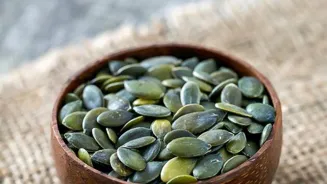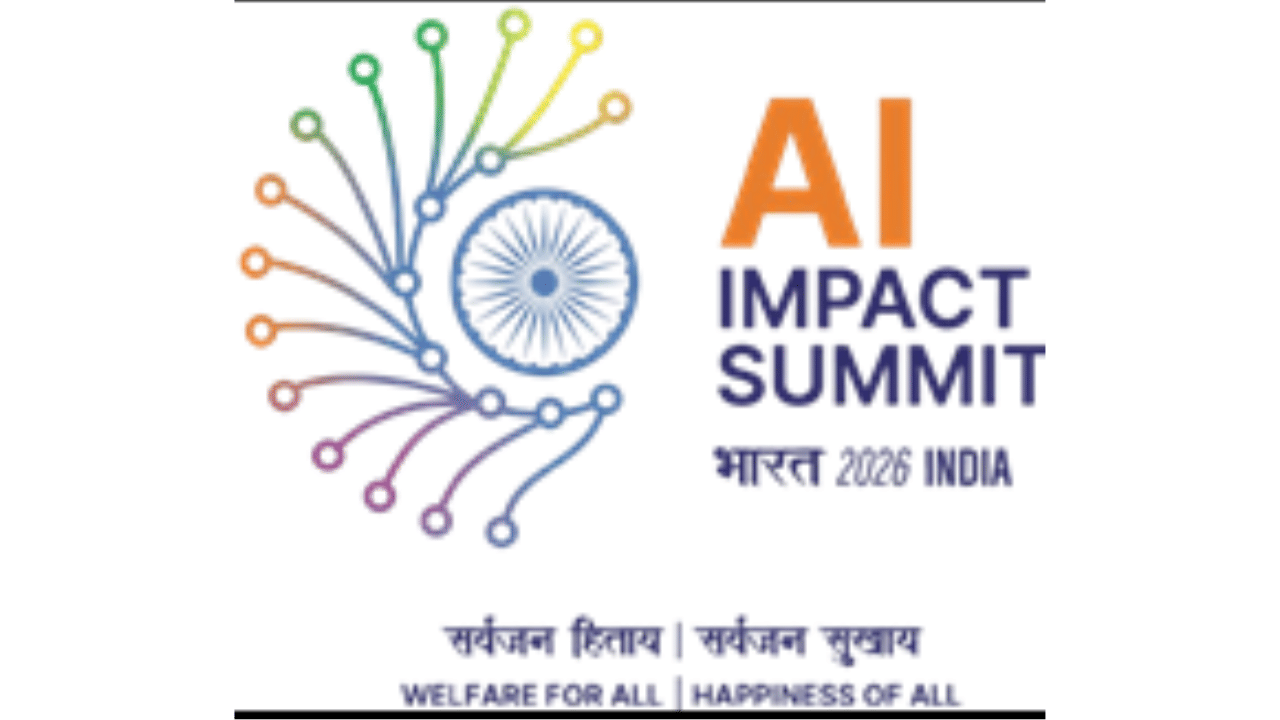Unlock the Power of Zinc for Optimal Health - Dive into the world of this unsung hero! Learn why it's crucial for your well-being
In the bustling landscape of Indian diets, often dominated by carbohydrates
and sometimes lacking in balanced micronutrients, zinc emerges as a vital, yet frequently overlooked, element.
This little mineral packs a significant punch, playing a crucial role in maintaining overall health and well-being. From boosting your immunity to ensuring healthy growth, zinc's benefits are far-reaching and impact individuals of all ages.
So, let's delve into the importance of zinc and how you can ensure you're getting enough of this essential nutrient in your daily meals.
Zinc: essential for immunity, wound healing, growth, taste, and smell
Zinc is not something our bodies can store, making daily intake crucial. It acts like a multi-talented player in your system, contributing to immune function, wound healing, and even your sense of taste and smell. Imagine a security guard for your body, always on the lookout for harmful invaders.
That's zinc, keeping your immune system strong and ready to fight off infections. It's also essential for cell growth and division, meaning it is important for children as they grow and for everyone as cells are constantly being renewed.
When you cut, if zinc is available in the system, healing begins faster. Simply said, zinc is a vital ingredient to the human body functioning well and remaining healthy.
Zinc deficiency risk in India due to dietary factors and soil depletion
Why is zinc so important for us Indians? Well, several factors put many of us at risk of zinc deficiency. Firstly, our diets often rely heavily on grains, which, while providing carbohydrates, can also contain compounds that hinder zinc absorption.
Phytates, found in whole grains and legumes, bind to zinc and make it difficult for the body to use. Secondly, certain dietary habits, like consuming unleavened bread, can further reduce zinc bioavailability.
Lastly, soil depletion in some agricultural areas can lead to lower zinc content in crops, impacting the overall zinc intake of the population.
Due to the dependence of large populations on single crop as source of food, the Zinc availability from other sources are not considered that can be a challenge for certain segment of population.
Many vegetarian foods rich in zinc for a balanced diet
So, how can we ensure we're getting enough zinc in our diets? The good news is that many readily available and affordable vegetarian options are rich in this important mineral. Legumes like lentils, chickpeas, and beans are excellent sources of zinc.
Soaking and sprouting these legumes can further reduce phytate content and improve zinc absorption. Nuts and seeds such as pumpkin seeds, sesame seeds, cashews, and almonds are also good sources, providing a healthy dose of zinc along with other essential nutrients.
Dairy products like milk, yogurt, and cheese contribute to zinc intake, although their bioavailability might be slightly lower due to calcium content. Including a variety of these foods in your daily meals can help you meet your zinc requirements.
Optimize zinc intake with dietary strategies like soaking grains
For those seeking to optimize their zinc intake, certain dietary strategies can be beneficial. As mentioned earlier, soaking and sprouting legumes and grains can significantly reduce phytate levels, thereby improving zinc absorption.
Additionally, combining zinc-rich foods with foods containing organic acids like citric acid (found in citrus fruits) can enhance zinc bioavailability.
Eating a balanced diet that incorporates a variety of food groups, including fruits, vegetables, and protein sources, will also ensure you're getting a wide range of nutrients that work synergistically to support overall health.
Soaking grains is an extremely important step as consumption of the grains directly introduces phytates to the digestive system , so this ensures that the same is prevented and absorption is better.
Zinc supplementation may benefit certain groups, but consult a professional to avoid adverse effects
While dietary sources are generally sufficient for meeting zinc needs, certain individuals might benefit from zinc supplementation.
These include people with digestive disorders that impair nutrient absorption, vegetarians and vegans who may have limited access to zinc-rich foods, and individuals with certain medical conditions that increase zinc requirements.
However, it's crucial to consult with a doctor or registered dietitian before taking any zinc supplements, as excessive intake can lead to adverse effects. Zinc is an essential nutrient playing a vital role in immunity , growth and a overall wellness.
While being able to identify the best sources is important, getting right guidance or advice from medical expert is critical .
AI Generated Content. Glance/InMobi shall have no liability for the content














